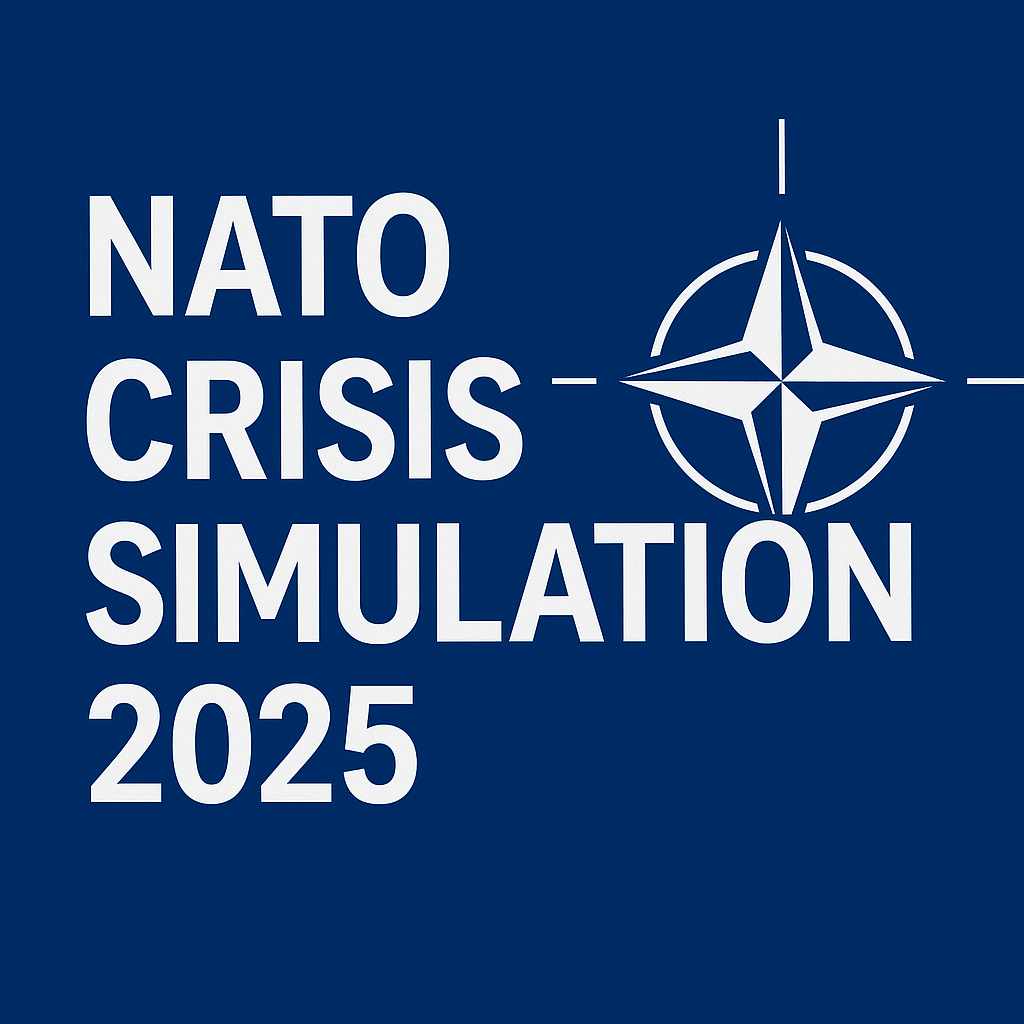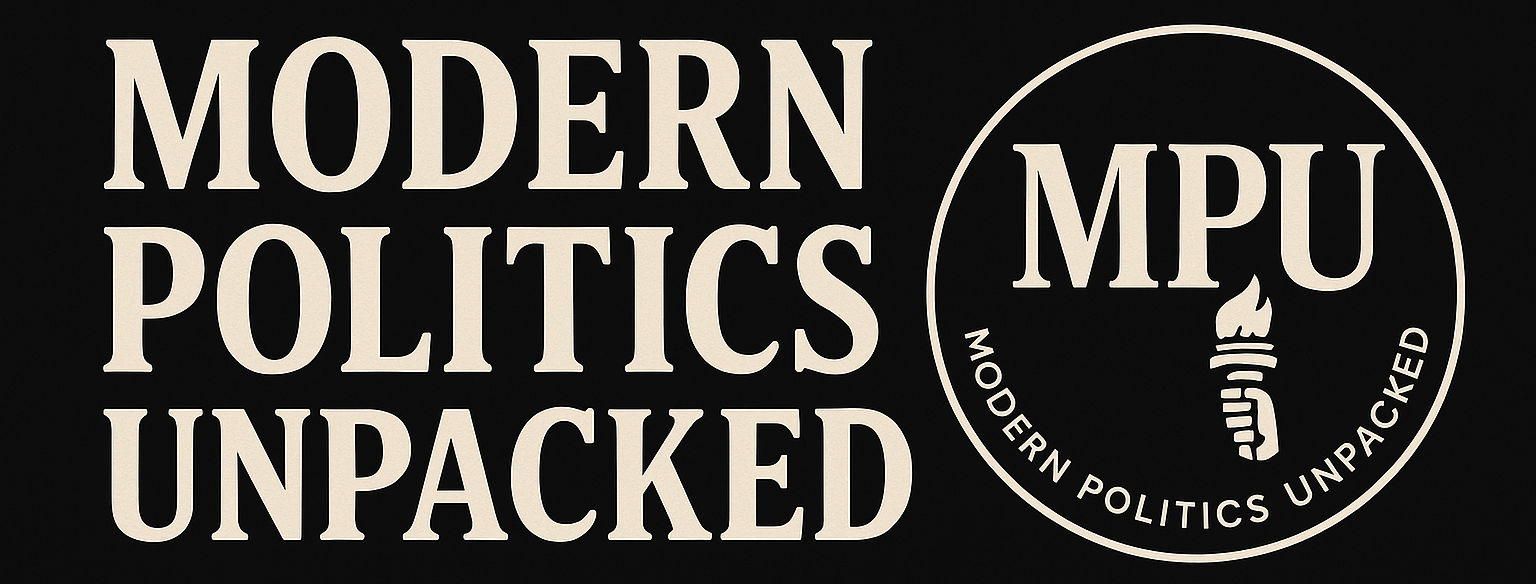NATO Crisis Simulation 2025: Training the Next Generation of Global Leaders

As geopolitical tensions intensify across Europe and the Indo-Pacific, preparing future leaders for international diplomacy is more vital than ever. On June 5, 2025, students from across Europe will take part in a NATO Crisis Simulation hosted by Leiden University in the Netherlands. This high-stakes simulation will replicate an emergency North Atlantic Council (NAC) meeting, giving participants the opportunity to role-play as diplomats and defense officials from NATO member states.
The scenario: an escalating conflict in Eastern Europe threatens to pull NATO into a full-scale military confrontation. With just hours to respond, student delegates must coordinate intelligence sharing, agree on strategic objectives, and decide whether to invoke Article 5 of the NATO treaty—a collective defense clause that treats an attack on one as an attack on all.
"This is not just a role-play; it's a serious training in crisis management, diplomacy, and alliance politics," said Dr. Lise Hermans, co-organizer and professor of International Relations at Leiden. Source: Leiden University, March 2025
What Makes This Simulation Unique?
Unlike standard Model United Nations events, this NATO simulation is structured as a serious game. Participants receive classified briefings, manage real-time updates from the field, and are guided by former military officers and diplomats. It blurs the line between academic exercise and strategic war-gaming.
Each student takes on a specific role—from U.S. Defense Secretary to Turkish Ambassador or NATO General Secretary. They must navigate not only the international crisis, but also inter-member disagreements, political pressure from home governments, and conflicting intelligence reports.
"It teaches you that decision-making under pressure is never clean. It's compromise layered on intelligence, layered on unpredictability," said Daan Müller, a former participant now working at the European External Action Service.
Why It Matters in 2025
The simulation comes at a time when NATO is facing a rapidly evolving threat landscape:
- Russian hybrid warfare tactics continue to destabilize Ukraine and the Baltics.
- China's naval buildup has global implications for NATO's security partnerships.
- Cyber threats and misinformation campaigns challenge traditional defense models.
- Internal tensions, such as disagreements over defense spending and Turkey's recent arms deals with Russia, are testing alliance cohesion.
This simulation reflects real strategic dilemmas NATO faces today, including how to respond collectively when faced with asymmetric attacks or ambiguous provocations.
Educational Impact
For students, this event is more than just a class project. It offers:
- Hands-on experience in high-level negotiation
- Exposure to international law and conflict resolution
- Training in rapid decision-making under pressure
- Mentorship from real-world practitioners
Many past participants have gone on to careers in the European Parliament, foreign ministries, or think tanks such as the European Council on Foreign Relations (ECFR) and RAND Europe.
"This is the kind of immersive learning that bridges theory and practice," said Professor Ahmed El-Arabi, a senior NATO advisor who will be observing the simulation.
Broader Implications: A 'What If' Scenario for NATO
Events like this also serve a secondary purpose: preparing allied societies for the realities of crisis escalation. With war no longer unthinkable in Europe, and defense debates surging in the U.S. and EU, exercises like this help build a new generation of informed and engaged transatlantic citizens.
Some simulation elements mirror real-world scenarios:
- How would NATO respond if a Baltic state were cyber-attacked and lost power for 48 hours?
- What if misinformation blamed NATO troops for civilian casualties?
- Could alliance cohesion hold if Article 5 were tested again, as it was after 9/11?
These are not hypothetical questions—they're central to NATO's long-term credibility.
Conclusion
The 2025 NATO Crisis Simulation at Leiden University is more than an academic exercise. It’s a window into the complexities of global leadership and alliance politics, especially in an era of uncertain threats and unstable alliances. For the students, it may be a formative experience. For policymakers watching closely, it offers insight into how the next generation might handle tomorrow's toughest challenges.
Source: Leiden University, March 2025
